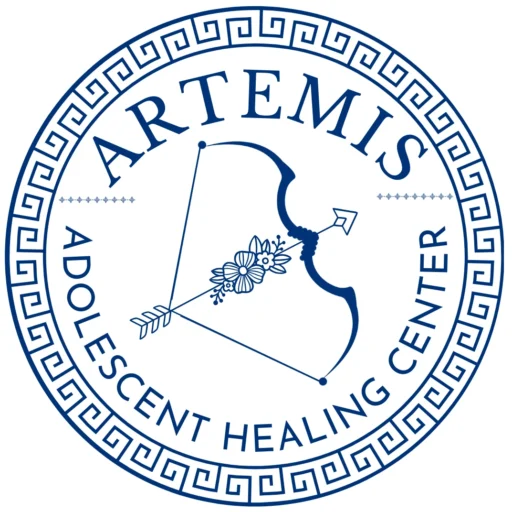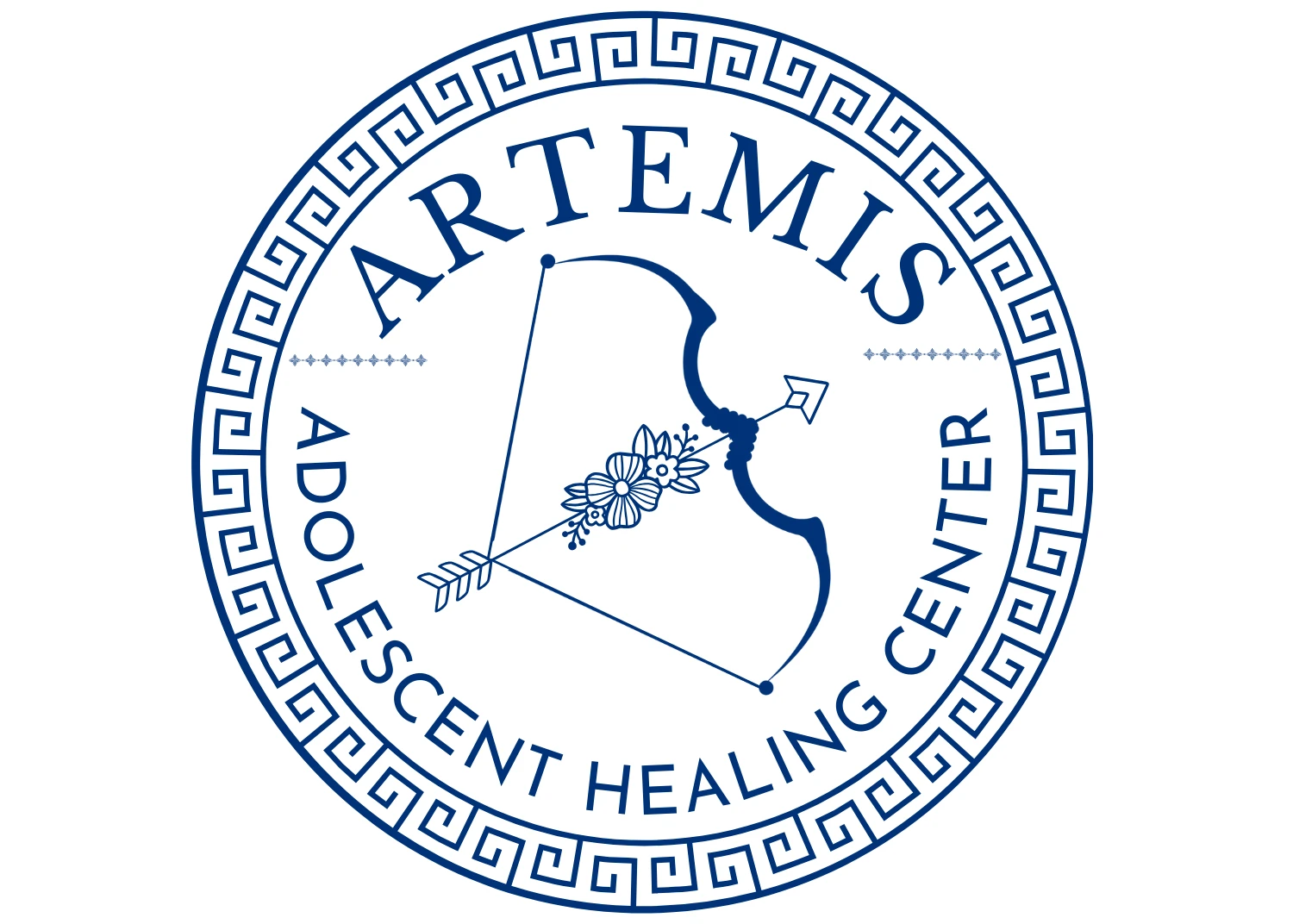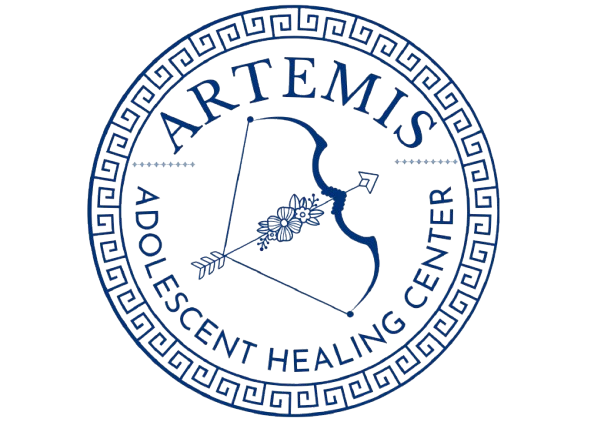Finding the Right Level of Support for Your Young Adult at Artemis
When you are searching online for help with your teen’s behavioral health, “levels of care,” will be a term you see pop up now and then. In the context of mental health treatment, this refers to the different services and support available. They range from outpatient treatment modalities to intensive inpatient care. Each level meets the specific needs of your family member, depending on whether they have mild or severe symptoms.
Artemis Adolescent Healing Center provides top-tier mental health care to teens and young adults in Tucson, Arizona. Our holistic treatment process addresses every fact of the client’s well-being. Our goal is to ensure that we deliver the exact therapy that will meet each client’s primary goals, helping them enjoy better mental health.
If your teen’s behavioral health concerns have significantly impacted your family life, please read on. We’ll help you understand the different mental health levels of care and how they can meet your teen’s psychiatric care needs.
Get Accredited Treatment Programs at Artemis
The Core Behavioral Health Levels of Care
The levels of care may differ slightly in language from one facility to another. It’s also helpful to know that some clients will utilize multiple levels of care. For instance, a teen with a severe mental illness may need inpatient treatment initially and then go to a step-down level.
Imagine ‘Stevie,’ 15, who arrived at Artemis directly from acute hospitalization after deliberately hurting herself. Stevie was in a state of psychosis due to a two-year addiction to psychedelics, which she took to ease her major depressive disorder.
Access to different treatment modalities enabled us to treat Stevie in a residential treatment setting for four to six weeks, followed by less restrictive outpatient services when she no longer posed a safety risk to herself.
This flexibility allows us to shift clients to the appropriate level of care as their mental health symptoms improve.
Inpatient Hospitalization (Residential Treatment)
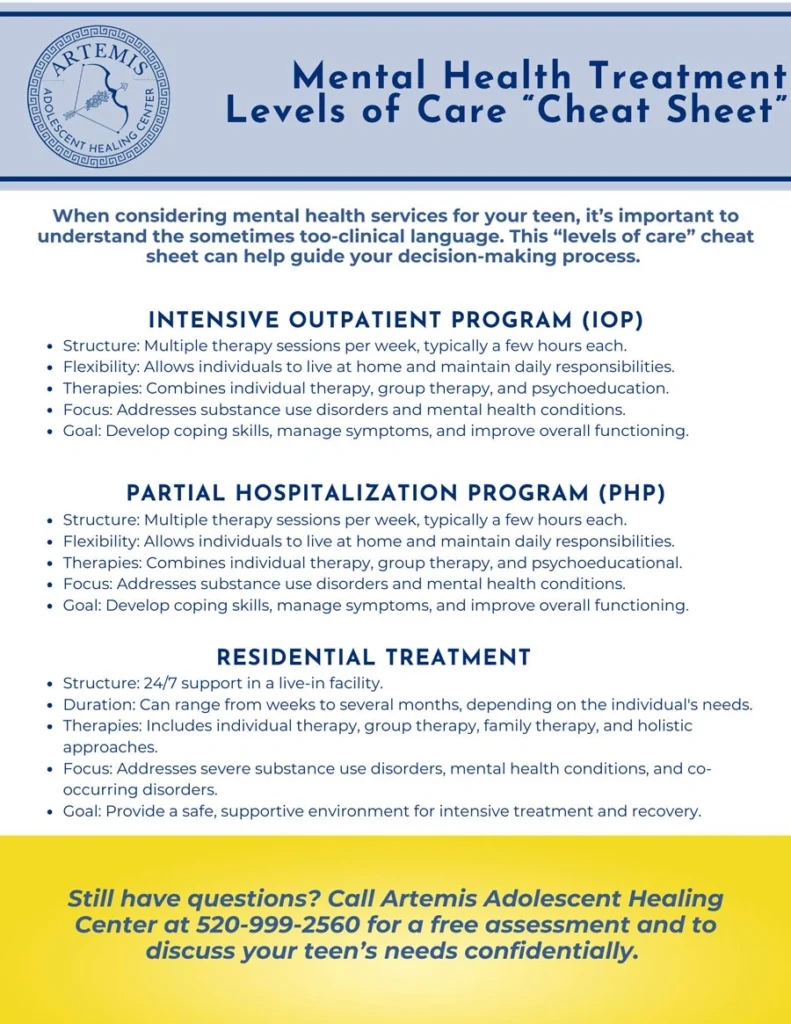
Residential programs are the most intensive level of care at Artemis. Teens in residential care have 24-hour access to treatment and services. These teens usually have profound behavioral health concerns or need acute care after a mental health crisis. Either factor can make residential care the best and safest option.
At Artemis, our programs are secured facilities that make client safety the number one priority.
Outpatient Treatment Facilities
Traditional outpatient care is the least intensive level of care. Teens attend therapy sessions under the guidance of a therapist or counselor and have regular check-ins with a doctor or nurse practitioner who monitors the process and provides medication management services.
You’ll usually find two sub-categories of outpatient therapy, which some call day treatment – IOP or PHP programs.
Intensive Outpatient Programs (IOPs)
IOP programs provide services to troubled teens several times a week, a few hours per session. It’s a structured program that allows them to work on improving their mental health. This model allows many patients to keep up with their school work while developing additional skills to manage their mental well-being.
Partial Hospitalization Program (PHP)
PHP offers a higher level of support than IOP programs. Teens in this program spend more days and additional hours receiving professional care from qualified treatment professionals. These are still day programs and best serve teens struggling with fairly significant mental or behavioral health challenges.
Integrated Services to Help Meet Treatment Goals
Most teens don’t have mental health issues without prior warning signs. We take an integrated approach to mental health care to increase the chances of treatment success.
After initial stabilization, we will involve the client’s primary care provider, who has often referred parents to seek treatment. This doctor gives us valuable background details about the client’s health.
We also do a thorough psychiatric evaluation to make an accurate diagnosis and develop treatment goals. In addition to psychiatric care, we may also rely on a clinical social worker. This professional can provide additional support and resources that the client and their family may need after completing the treatment process.
Our integrated, holistic treatment center addresses the client’s behavioral health needs and improves daily functioning. The integrated team approach is the key to our treatment success and can prevent hospitalization in the future.
Treatment and Therapy at Artemis
Artemis provides clients with a customized care and treatment plan to address individual needs. Most programs include a variety of treatments and therapies, including some combination of:
Talk Therapy as Part of Individual and Group Therapy
Teens who come to Artemis for behavioral health care undergo intensive, personalized individual therapy to address their mental health needs. While individual therapy targets the underlying problems very effectively, group therapy allows participants to work on issues like self-esteem and problem-solving in a supportive peer setting. These services include evidence-based methods, including:
- Cognitive-behavioral therapy
- Art therapy
- Experiential therapy
- and others.
Therapies will continue throughout your teen’s time at Artemis, regardless if they attend therapy for a few weeks or a longer period.
Family Therapy to Restore Relationships
We want to ensure that anything in the home environment that could trigger a relapse is addressed in a professional setting. Family members work together with a counselor to resolve disagreements and learn to listen to each other. The goal is to create a supportive environment for all.
The Conditions We Treat at Artemis

We can help your teen overcome the symptoms and challenges related to a host of mental health concerns:
- Anxiety disorders
- Panic attacks
- Substance use disorder
- Mood disorders or depression
- Personality disorders
- Trauma (PTSD)
- Obsessive-compulsive disorder
- Eating disorders
Artemis also offers dual diagnosis treatment for young people (to address a substance use disorder occurring alongside a mental health diagnosis).
If your child is experiencing a behavioral health issue that we haven’t listed, contact us. We can most likely still offer support.
Get Confidential Trauma and Mental Health Assessment
FAQs About Getting Behavioral Health Treatment at Artemis
The next sections will address the most frequent questions we get from people considering our services.
What Is the Average Length of Time My Child Will Attend Treatment?
Unfortunately, there is not always a clear answer to this. Each client has individual needs, and we build treatment programs for each person. Some teens have profound mental health concerns that require weeks or months of care; other levels of care can be completed in as little as 30 days.
We would be glad to learn more about your child’s struggles, which would allow us to give you a better time estimate. A quick call to our admissions representative can provide this information.
Do You Offer Virtual Treatment?
Not at this time. We provide in-person support, including peer support groups that require in-person interactions.
What Signs Indicate a Teen Needs Mental Health Care?
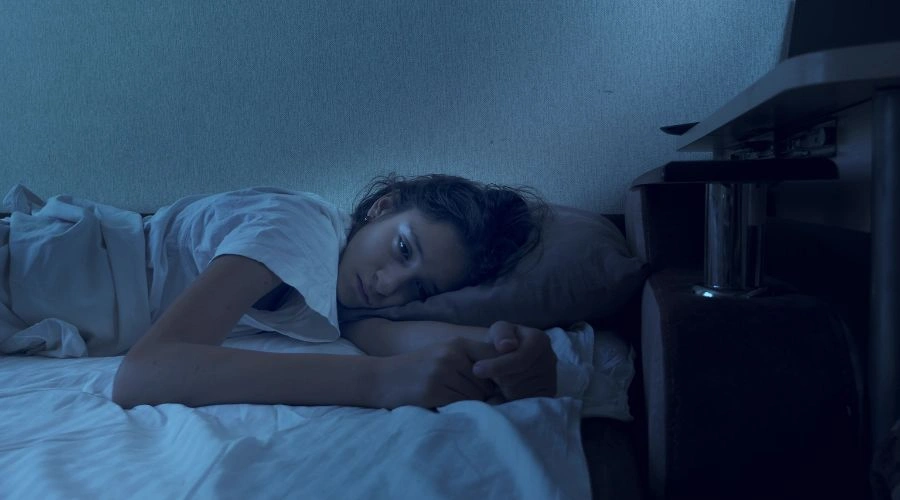
Watch for these:
- Mood changes
- Expresses feelings of sadness or hopelessness
- Withdrawing from social activities
- No longer interested in their friends
- Changes in appetite or sleep
- Difficulties completing schoolwork
If these behaviors persist for over a couple of weeks, it’s time to speak with someone about how you might help your child.
Why Can’t the School Counselor Provide Mental Health Support?
Schools offer limited counseling services and, sometimes, support groups. However, the student-to-counselor load is too great for a school counselor to provide effective treatment. They usually refer parents to other professionals to get assessed, diagnosed, and treated safely.
Does Insurance Cover Mental Health Services and Treatment?
Yes! Any group plan listed on the healthcare.gov website must provide mental health services to comply with the Affordable Care Act. Artemis accepts most insurance plans.
Call our insurance coordinator, who will be happy to check your benefits and ask your insurer to pre-authorize care.
Does Artemis Provide Emergency Admissions for a Mental Health Crisis?
We can often accommodate same-day or emergency admissions. Our mental health levels mean we provide a full continuum of care, including stabilization after a mental health crisis.
What Lifestyle Changes Should the Family Make after Treatment?
Parents should model the behavior they expect from the teen, especially after they leave acute hospitalization. Some positive behaviors to emulate include exercise, eating well, getting enough sleep, and reducing stress. Your child will feel they’re making changes along with you as a team instead of feeling stuck in a contradictory environment with two sets of standards.
What Support Services Are Available in the Community?
If your teen is struggling with drug or alcohol addiction, consider finding local Narcotics Anonymous or Alcoholics Anonymous groups. AA, NA, and SMART Recovery are all free to attend. However, they are volunteer-run and appreciate your donations. Most people don’t realize it, but AA and NA do not impose any age restrictions on group members. All they ask is that each participant have a sincere desire to stop using substances.
For teenagers who are struggling with behavioral health concerns without alcohol or drug abuse, SMART Recovery is a terrific option. Their program isn’t limited to substance abuse but provides support for anyone who wants to work on behavioral/mental health issues.
Up To 100% of Rehab Costs Covered By Insurance
Call Artemis for Mental Health Treatment for Your Teenager
The entire Artemis staff is supportive, qualified, and dedicated to helping your teen stop struggling with their mental health. We offer a ray of hope to parents whose children have mild to severe symptoms because we have the proper mental health levels to treat most behavioral health concerns.
We can address your teenager’s needs, even if they have had past tries at traditional outpatient that haven’t quite “stuck” with them. It’s a new day; it’s time for a fresh start.
Call us today to reserve a space for your child in one of our programs. All calls are confidential, so please do not hesitate to reach out for support options now.
